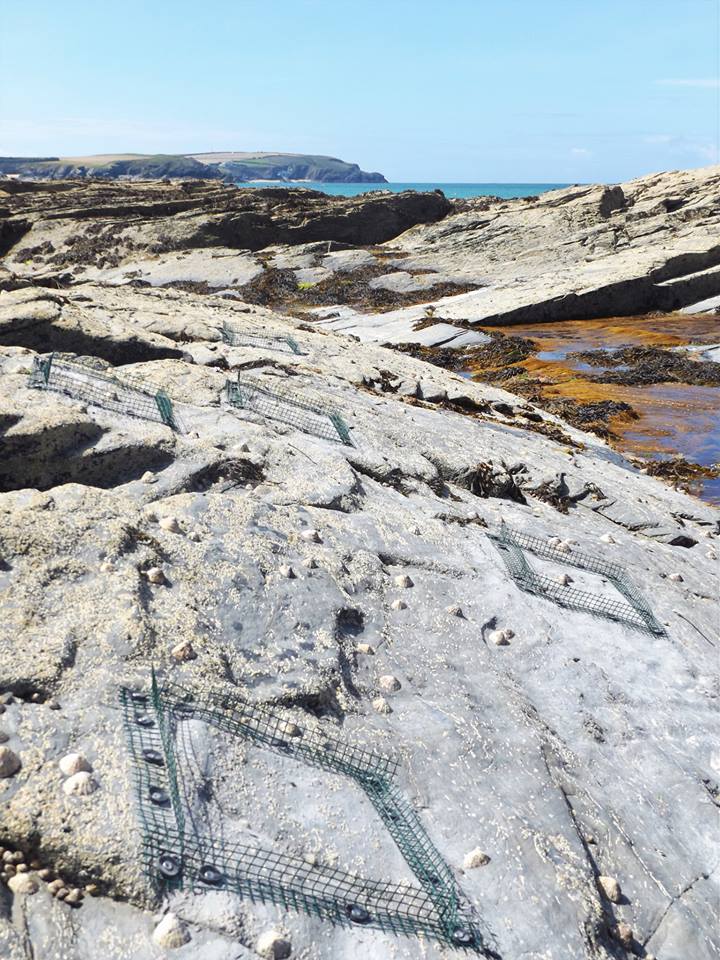FHL 468 | Summer A 2023
Changing Coastlines: Ecological Principles, Historical Perspectives, and Indigenous Resource Management
This course takes a long-term and multi-disciplinary view of coastal and nearshore ecosystems. Using the rocky intertidal as a lens, students will explore contemporary paradigms and challenges in marine ecology, how ecologies have changes since colonialization (historical ecology) and how ecosystems were managed from millennia before colonialization (Indigenous resource management). The first part of the course will focus on natural history and the ecological principles of the rocky intertidal zone, led by Dr. Wonham. Then Dr. McClenachan will apply an historical lens to coastal ecology, drawing from the FHL archives and other sources. Finally, Dr. Hatch will connect Indigenous resource management across the Salish Sea to place based examples on San Juan Island with direct linkages to intertidal ecosystems. In this way, the course takes an historical approach both in terms of development of concepts and approaches in ecology, and also to demonstrate the importance of long-term studies to inform better understanding of how marine ecosystems have changed in response to growing populations, industrialization, and globalization in the Anthropocene. In also takes a Coast Salish perspective, exploring tools, technologies, and ecological principles that form Indigenous Resource Management in this part of the Salish Sea.
Students will connect across all these themes through place-based exploration that includes outdoor field work, classroom activities, discussions, presentations, and research projects. By the end of the first part of the course students will have gained an understanding of intertidal ecology present and future, plus field skills in the design and execution of hypothesis testing surveys and experiments in the field. In the second part of the course, students will gain an understanding of the contributions of historical perspectives to ecology and conservation planning, gain experience with a range of methodologies employed in historical ecology, and understand the value and limitations of historical ecology to resource management.



This course is appropriate for advanced undergraduate and graduate students, plus professional marine biologists, ecologists and oceanographers with interests in ecology, marine biodiversity, coastal and general ecology, conservation biology, climate change, historical ecology and practitioners in restoration ecology and coastal zone management. It would also appeal to experienced amateur naturalists.
Instructors for this course are:
Dr. Marjorie Wonham, Quest University Canada
Dr. Loren McClenachan, University of Victoria
Dr. Marco Hatch, Western Washington University